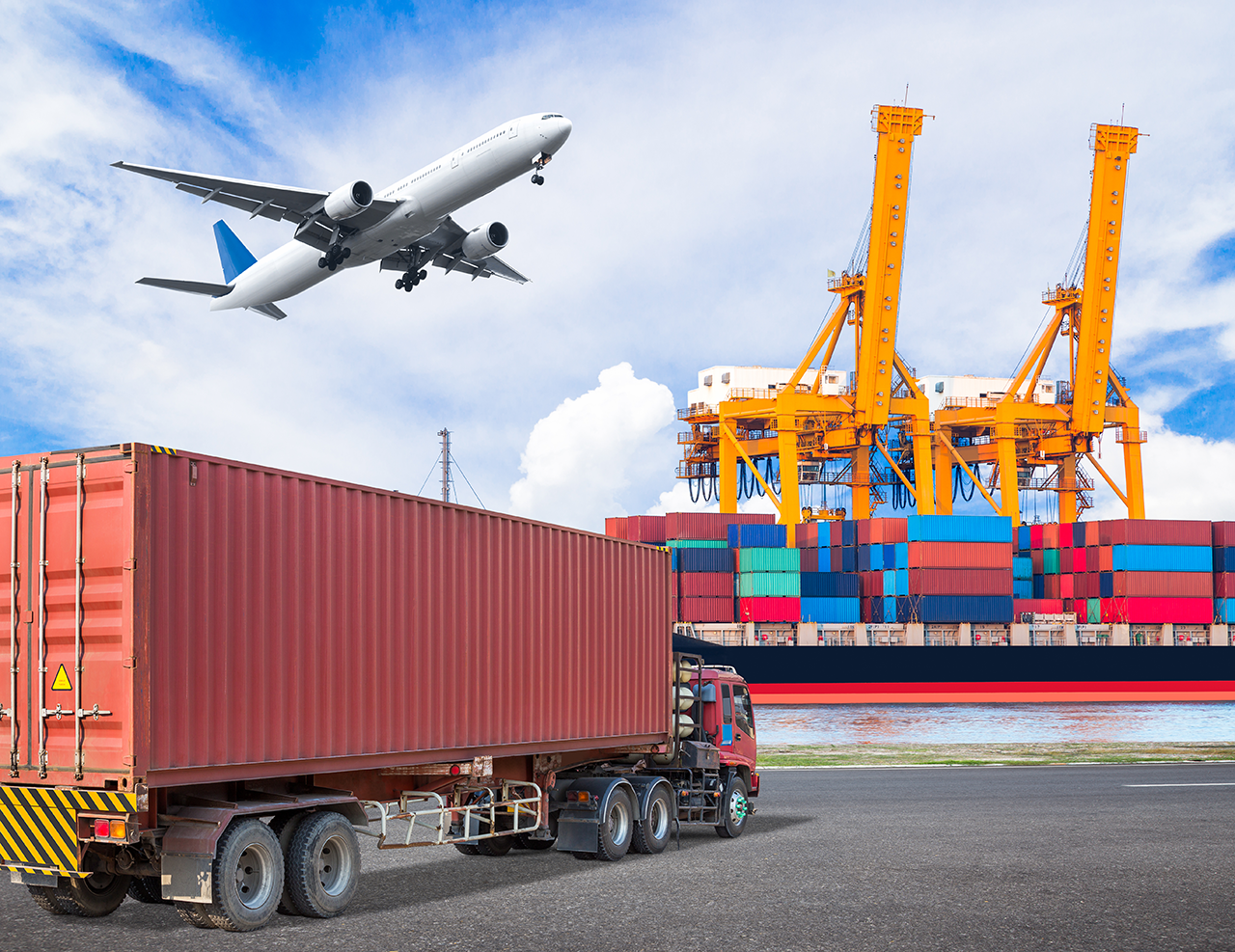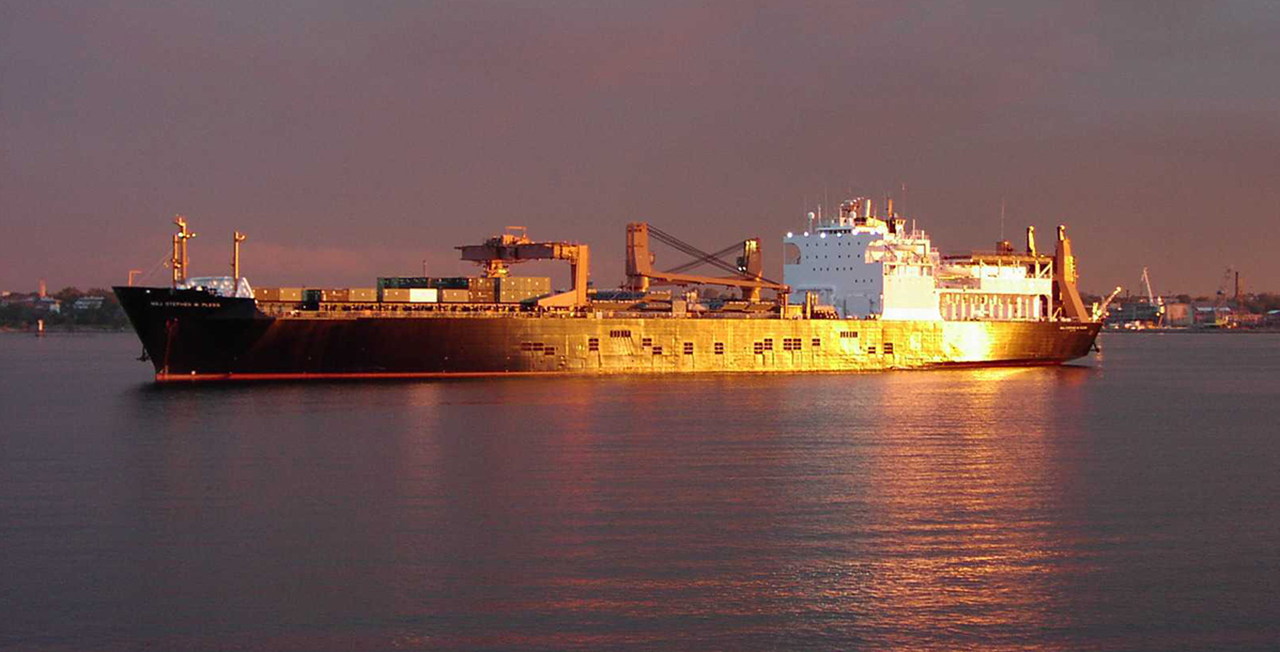Why Companies Use A Third Party To Audit and Pay Their Freight Bills?
Time isn’t on the side of most busy Traffic Managers. The personnel in the Accounts Payable Department aren’t thrilled with the stacks and stacks of freight bills that enter their office each month. Who really has time to breakdown each individual freight bill and make sure each is correct? Not only are freight bills often incorrect but are often billed to the incorrect party. How many freight bills does your company receive each year where: the freight has been misclassified, extra charges have been added on or you received an incorrect discount?
A freight bill audit and payment service (FBA&P service) can audit each and every freight bill for accuracy, classify each shipment with the correct GL code and provide valuable data on the company’s freight. I know in these times we are not looking to pay for any services that can’t save us time and money. The good news is, a freight bill audit and payment service might not cost your business anything. In fact, utilizing a third party service might even put money back in your pocket through the savings they uncover. Worst case, think of all the time your employees will get back to focus on more important tasks.
Typically manufacturing companies or anyone that has a large amount of LTL freight will use FBA&P services. How the service works is simple. The carriers will submit their freight bills to the service directly. The service will review each freight bill against the bill of lading or delivery receipt. The auditor will then review the shipment vs. the tariff or contract on file between the manufacturing company and the individual carrier. The auditor will review the shipment for inconsistency in: classification, weight, discount provided and additional charges. If there is any inconsistency found the auditor will report it to both the customer and the carrier. Once the freight bill is corrected it will be submitted for payment.
Most manufacturing companies rely on multiple carriers to move their outbound, inbound and third party freight. Multiple carriers and multiple shipments can stress an accounts payable department with hundreds, even thousands of freight bills each year. Utilizing a FBA&P service will allow an accounts payable department to pay all of their carriers and all of their freight bills with one electronic payment per week.
FBA&P services find mistakes, correct freight bills and typically save companies money. These services also make the life of an accounts payable department much easier. The value of using an FBA&P service goes beyond these two points. For many shippers the data collected by the service is invaluable. As freight bills are processed data is collected by the service to the specifications of the customers. From the data collected invaluable reports can be created that will tell a company who to bill and for what shipment. Reports can often be sorted by: volume of each carrier, destination, weight, accounting code, inbound, outbound or third party freight.
Industry estimates put the typical domestic savings from auditing freight bills at two to six percent.*
Submitted by Greg Lefebre, General Manager of Integrated Logistics & Associates a twenty year old Freight Bill Audit & Payment company located in Farmington, NY. * Inboundfreight.com



